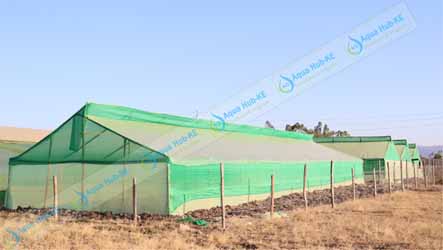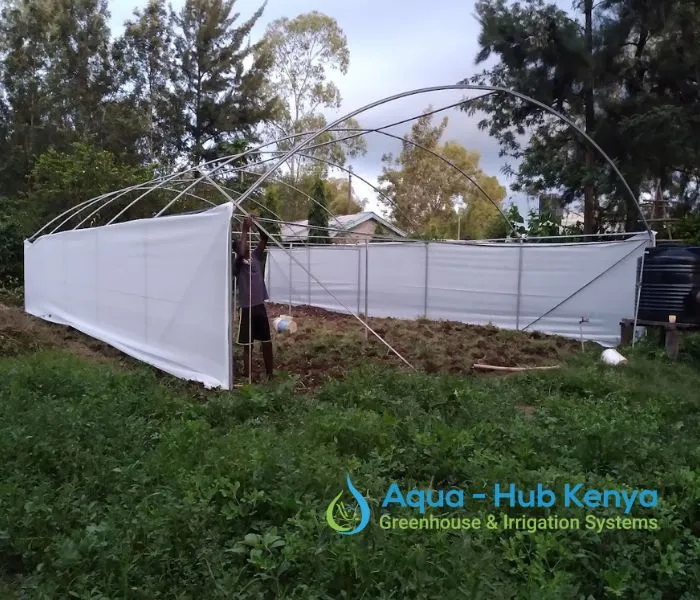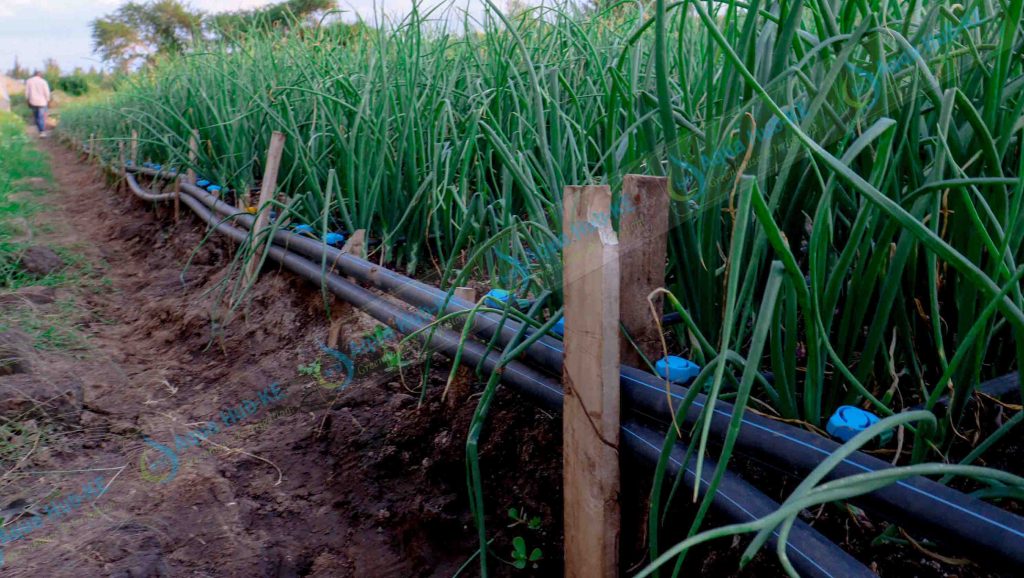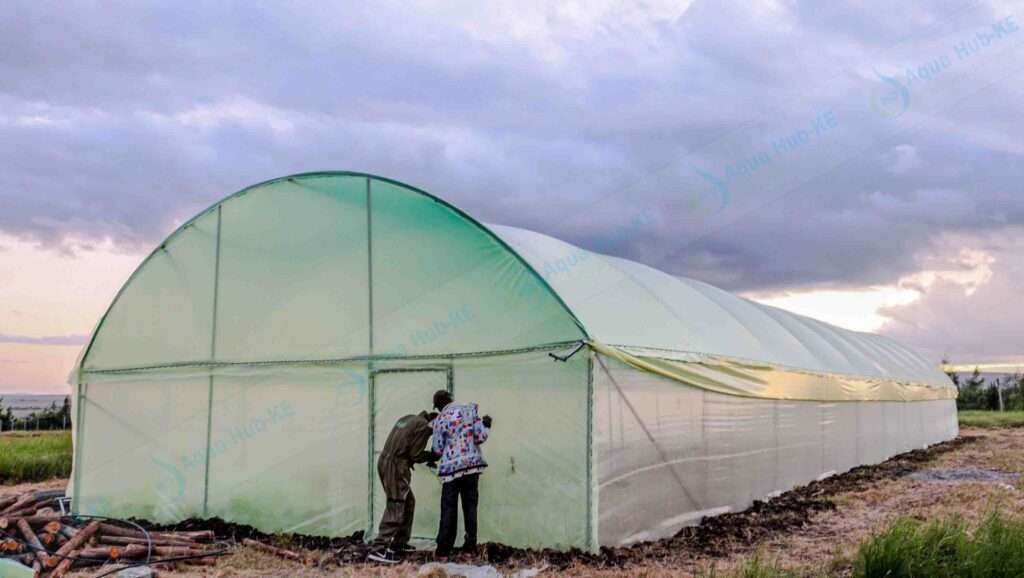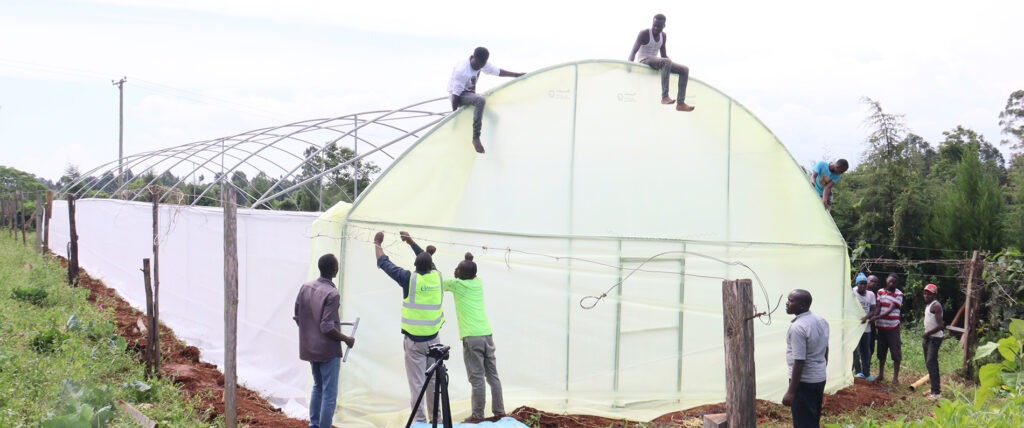How to start farming in Kenya

ther To start farming in Kenya, first consider growing the most profitable crops such as greenhouse tomato farming, capsicum, cucumbers, onions, garlic, strawberry, and dragon fruits. By doing this, you will be assured getting rich within a short period of time, not less than 6 months
Capsicum farmer showcasing her produce in harvesting day.
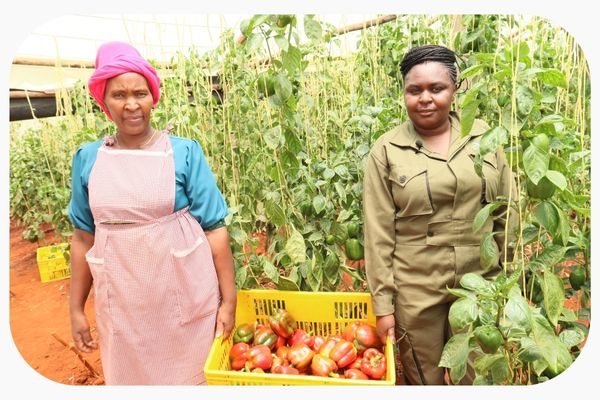
Strategies for profitable farming
Whether you are starting from a small or large piece of land, it is possible to generate high returns on investment if you implement these strategies. Best strategies include; research into high demand crops, smart irrigation methods, disease resistant crop varieties, and smart management is being conducted.
Farming has become one of the most promising alternatives for the unemployed youth, and has high potential for profitability with lower risk of loss.
There are several factors that one need to consider when they want to start farming in Kenya. Starting farming in Kenya does not require a vast plot of land; you can always start small. Formal employment is difficult to find by these days. As an alternative, farming is becoming one of the most profitable businesses in the country.
Farming guides and price lists for beginners in Kenya
Find the attached farming guides for beginners in farming ;
Greenhouse farming guides table
| Profitable Crops | Greenhouse Farming/ Sizes | No.of Crops per Unit | Starting Cost per Acre/ Cost of construction |
| Tomatoes | 8 meters by 15 meters | 540 plants | KES.224,000 |
| Capsicum | 8 meters by 24 meters | 720 plants | KES.285,000 |
| Cucumbers | 8 meters by 30 meters | 1200 plants | KES.350,000 |
| Herbs | 16 meters by 30 meters | 2400 plants | KES.660,000 |
Drip Irrigation kits prices per acre in Kenya
|
Open field farming |
Cost Per Acre |
|
|
1 acre |
Onion drip kits, garlic drip kit, capsicum, and strawberry drip irrigation |
KES 140000 |
|
¾ acre |
tomato farming, cabbage drip irrigation kit, leafy green irrigation with drip lines |
KES 100000 |
|
½ acre |
spring onion growing, garlic irrigation farming, half-acre drip irrigation system |
KES 65000 |
|
¼ acre |
button drippers for coffee, micro sprinkler vegetable irrigation |
KES 38000 |
|
⅛ acre |
small scale onion drip kits, |
KES 25,000 |
How to start small farming in Kenya
Starting a small farm in Kenya can be a challenging but rewarding endeavor. Here are a few steps that may help you get started:
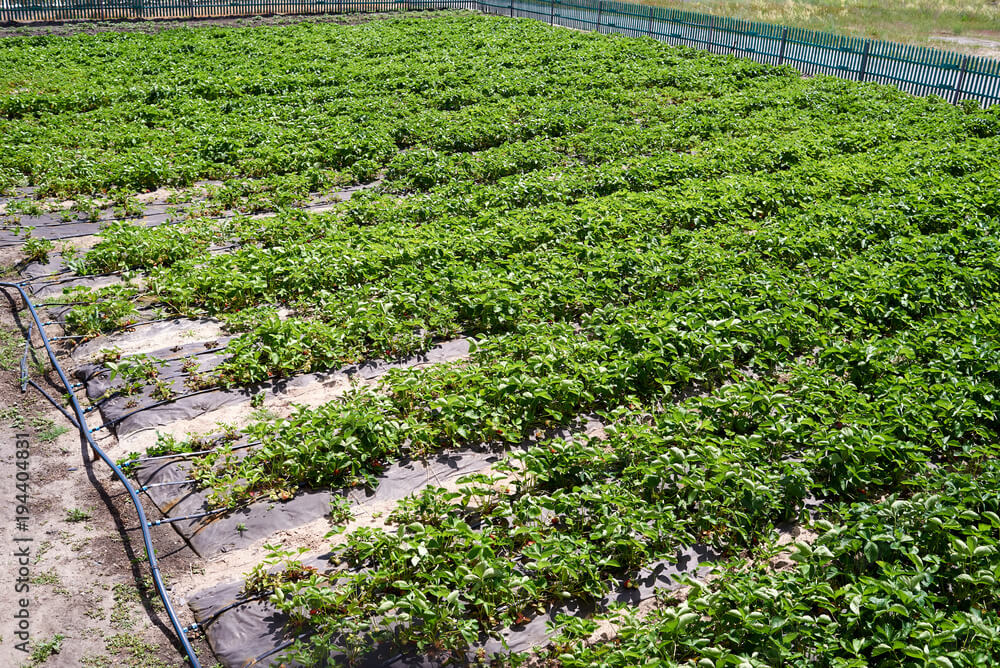
- Conduct research: Learn about the local climate, soil conditions, and the most profitable crops and livestock to raise in your area.
- Obtain land: Look for land that is suitable for farming and can be obtained at a reasonable price. Consider factors such as water availability, soil quality, and proximity to markets.
- Develop a business plan: Create a plan that outlines your farming goals, strategies, and projected costs and revenues.
- Obtain financing: Look for financial assistance, such as loans or grants, to help fund your farm. You can also look into Government program or NGO that support small farming in Kenya.
- Learn about farming techniques: Attend training programs or workshops on farming techniques, crop management, and animal husbandry.
- Obtain necessary equipment and supplies: Obtain equipment and supplies such as tools, seeds, fertilizer, and veterinary medicine.
- Market your products: Develop a plan to market and sell your products, such as through local markets, supermarkets or online platforms.
- Get all the necessary licenses and permits: Comply with all the legal requirement to operate a farm in Kenya.
- Network with other farmers: Join local farmers groups or association to share knowledge and experience, and gain access to resources and support.
- Be prepared for uncertainty: Farming can be unpredictable, so be prepared for unexpected challenges and be ready to adapt your strategies as needed.
What are the types of farming in Kenya?
Kenya is a diverse country with a variety of different farming systems. Some main types of farming in Kenya include:
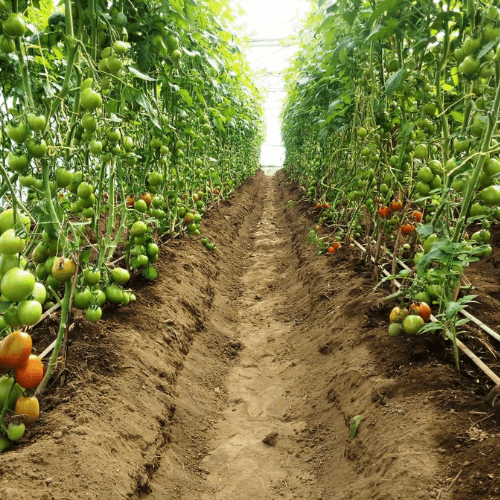
- Subsistence farming: Small-scale farmers who primarily grow crops and raise livestock for their own consumption, with little surplus for sale.
- Smallholder farming: Small-scale farmers who produce crops and livestock for both household consumption and sale, with the goal of generating income.
- Commercial farming: Large-scale farmers who produce crops and livestock primarily for sale, with the goal of generating significant income.
- Agribusiness: Large-scale farming operations that include processing, packaging, and marketing of agricultural products.
- Crop farming: Growing of crops such as maize, wheat, rice, barley, wheat and barley, beans, peas, and potatoes, fruits like passion fruit, avocado, papaya, and vegetables like cabbages and tomatoes.
- Livestock farming: Raising of animals such as cattle, sheep, goats, pigs, and poultry for meat, milk, and eggs.
- Horticulture farming: Growing of flower and vegetables for export market.
- Apiculture: Keeping and managing of bees for honey and beeswax production.
- Aquaculture: Farming of fish and other aquatic organisms in freshwater or marine environments.
- Forest farming: Involves cultivating forest plants such as bamboo, medicinal plants, and timber trees.
Profitable Crops in Kenya
Kenya has a diverse climate and soil types, which allows for the cultivation of a wide variety of crops. Some of the most profitable crops in Kenya include:
- Tea: Kenya is one of the world’s leading producers of tea, and it is a major source of income for smallholder farmers.
- Coffee: Kenya is also one of the world’s leading producers of coffee, and it is a major source of foreign exchange.
- Flowers: Kenya is one of the largest producers of flowers in Africa, with a significant export market to Europe.
- Fruits and vegetables: Kenya produces a wide variety of fruits and vegetables, including avocados, mangos, pineapples, tomatoes, onions, and green beans.
- Maize: Maize is a staple food crop in Kenya and is widely grown by smallholder farmers.
- Sorghum: Sorghum is a drought-tolerant crop that is widely grown in arid and semi-arid regions of Kenya.
- Wheat: Wheat is a major food crop that is grown in the highlands of Kenya.
- Dairy: Dairy farming is a profitable enterprise in Kenya, and it is one of the largest sources of income for smallholder farmers.
- Poultry: Poultry farming is also a profitable enterprise in Kenya, and it is a major source of income for smallholder farmers.
- Irrigated crops: With the implementation of irrigation schemes, crops such as rice, fruits, and vegetable are becoming profitable.
- Onion farming
It is important to note that the profitability of a crop can vary depending on factors such as location, soil conditions, water availability, and market demand. It is always good to conduct proper research before venturing into any agribusiness.
What are the factors to consider before starting farming in Kenya?
Starting farming in Kenya can be a challenging but rewarding endeavor. Here are a few factors to consider before starting:
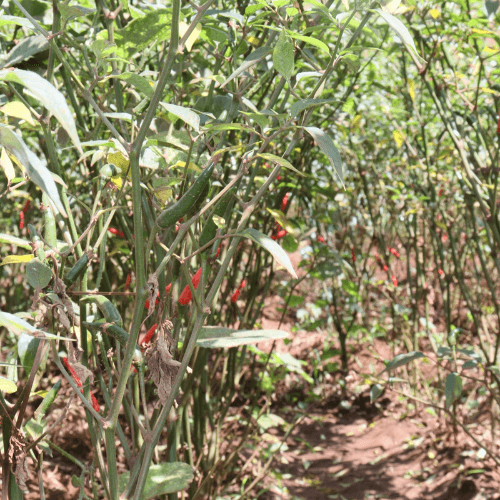
- Climate and weather: Kenya has a diverse climate, with different regions suitable for different types of crops. It is important to research the local climate and weather patterns and choose crops that are well-suited to the conditions.
- Soil: The quality of the soil will play an important role in determining which crops can be grown, and how well they will grow. It’s important to conduct a soil test to determine the pH level, fertility, and other characteristics of the soil.
- Water availability: Access to reliable water sources is crucial for farming. It is important to research the availability of water in the area, and to consider the availability of irrigation systems.
- Access to markets: Being able to sell your products is crucial for the profitability of your farm. It is important to research the availability of local and regional markets, and to consider the costs of transportation and storage.
- Government policies and regulations: Familiarize yourself with the government policies and regulations that apply to farming in Kenya. It is important to comply with all the legal requirement to operate a farm in Kenya.
Additional information on how to start farming in Kenya
- Financing: Starting a farm requires a significant investment of money. It’s important to research and understand the financing options available, such as loans, grants, or subsidies.
- Access to education and training: Learn as much as you can about farming techniques and best practices. Attend training programs or workshops on farming techniques, crop management, and animal husbandry.
- Network with other farmers: Join local farmers groups or association to share knowledge and experience, and gain access to resources and support.
- Be prepared for uncertainty: Farming can be unpredictable, so be prepared for unexpected challenges and be ready to adapt your strategies as needed.
- Do your market research: Research the market demand for your crop and be aware of the competition. Understand the price point, production cost and profit margin of your product.





